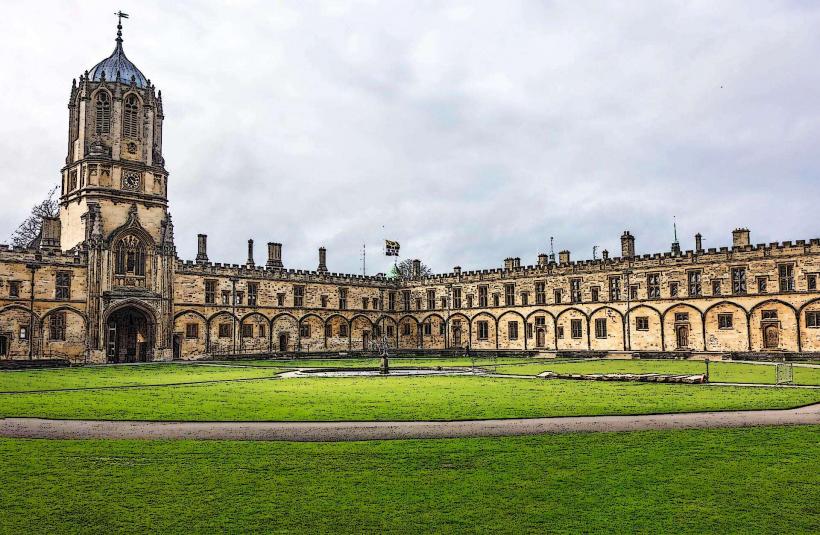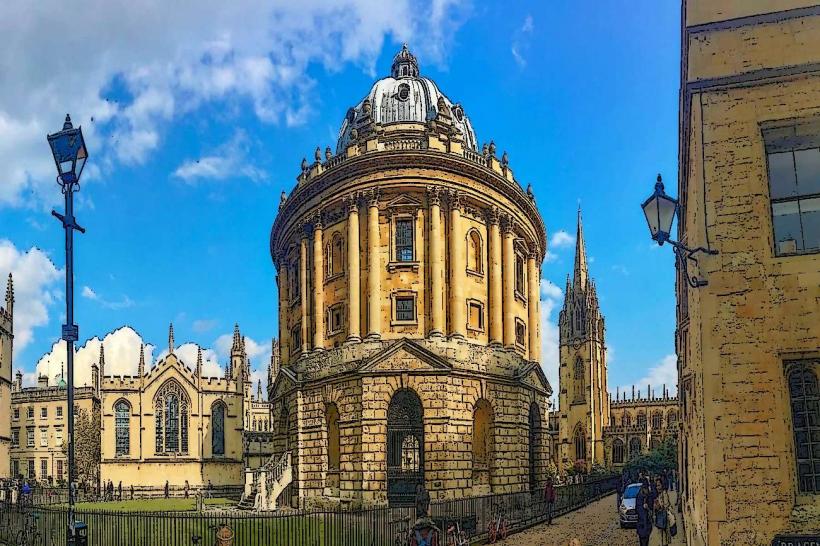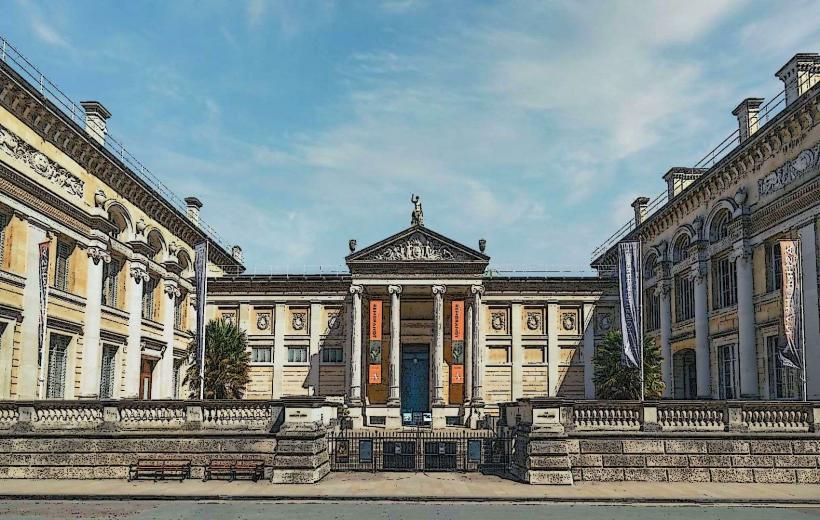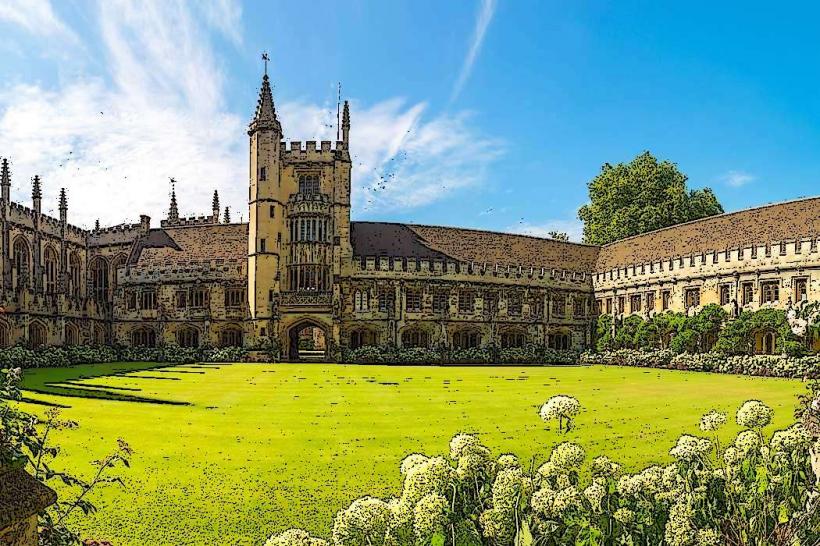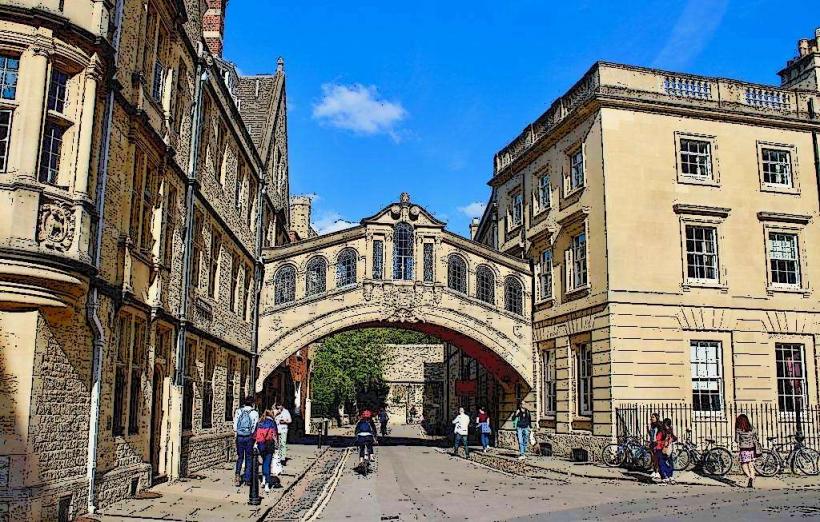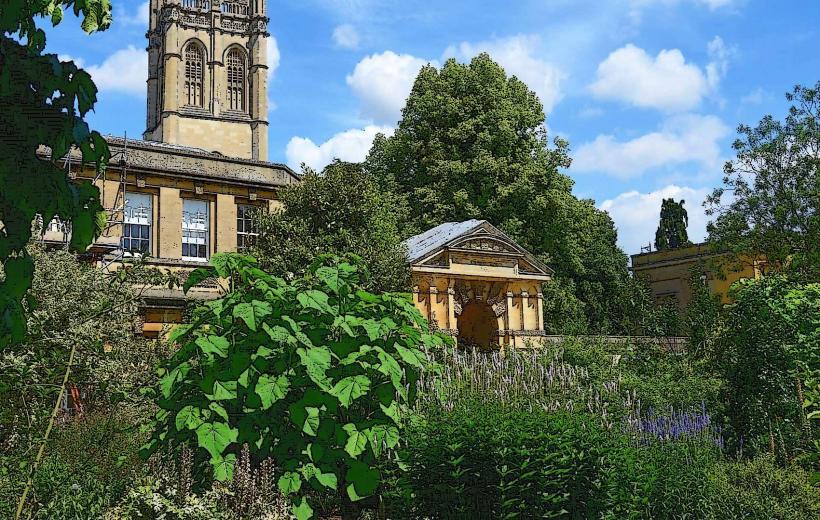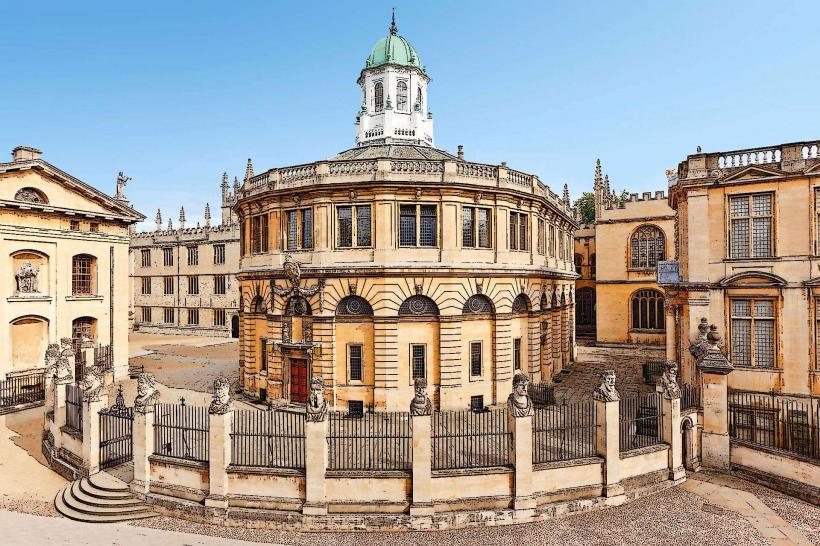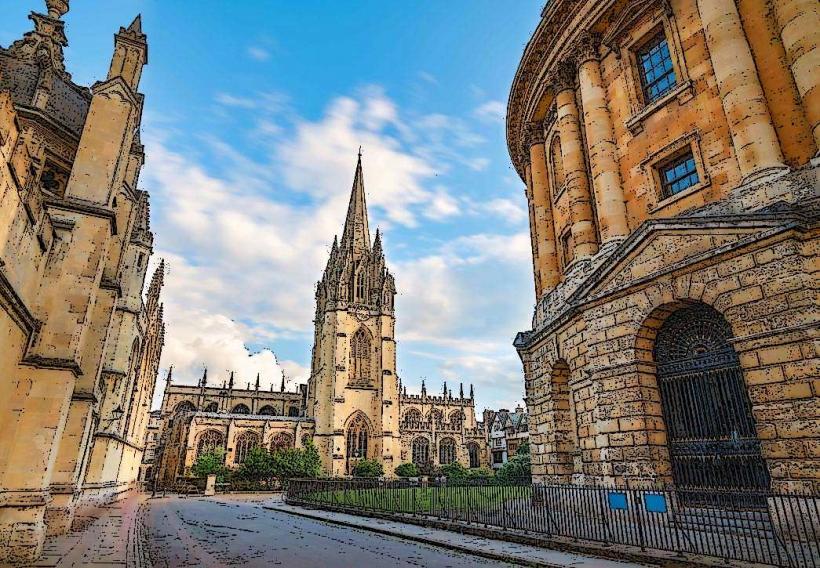Information
Landmark: University of OxfordCity: Oxford
Country: United Kingdom
Continent: Europe
University of Oxford, Oxford, United Kingdom, Europe
The University of Oxford is the oldest university in the English-speaking world, with evidence of teaching dating back to 1096. It is a collegiate research university comprising 39 semi-autonomous constituent colleges and a range of academic departments.
Visual Characteristics
The university is defined by "The Dreaming Spires," a term coined by Matthew Arnold to describe the Gothic and Neoclassical skyline. Architectural styles range from the medieval Saxon tower of St Michael at the North Gate to the circular Baroque Radcliffe Camera. Most buildings are constructed from honey-colored Headington and Taynton limestone.
Location & Access Logistics
The university is integrated into the city center of Oxford (OX1). It is 0.8km east of Oxford Railway Station. The "Oxford Tube" and "X90" bus services provide 24-hour links to London. Unlike campus universities, Oxford is a "city university" with buildings scattered throughout the center. Access to individual colleges is subject to specific opening hours and admission fees; many close to visitors during "Full Term" or exam periods.
Historical & Ecological Origin
The university grew rapidly from 1167 when Henry II banned English students from attending the University of Paris. It has been a site of significant political and religious conflict, including the 16th-century Oxford Martyrs' executions. Ecologically, the university manages the Oxford University Parks and the Christ Church Meadow, which provide flood-relief and urban biodiversity along the River Thames (locally called the Isis) and the River Cherwell.
Key Highlights & Activities
Bodleian Library: One of the oldest libraries in Europe and a legal deposit library containing over 13 million printed items.
Ashmolean Museum: The world's first university museum (founded 1683), housing art and archaeology.
Sheldonian Theatre: The official ceremonial hall, designed by Christopher Wren.
Punting: A traditional activity on the River Cherwell, with rentals available at Magdalen Bridge.
Divinity School: A 15th-century medieval hall noted for its intricate star-vaulted ceiling.
Infrastructure & Amenities
The city center contains high-density 5G coverage. Public restrooms are located in major museums and the Westgate Shopping Centre. Most historic colleges have limited accessibility due to uneven cobblestones and narrow staircases, though newer buildings and major sites like the Ashmolean are fully wheelchair accessible.
Best Time to Visit
The best time for low visitor density is during the university vacations (December, April, and July–August), though some colleges may close for private events. Early morning (09:00) is optimal for photographing the Radcliffe Square before tour groups arrive.
Facts & Legends
A local historical oddity is the "Great Tom" bell in Christ Church, which rings 101 times every night at 21:05, signaling the original closing time of the college gates. A specific tip for visitors is to check the Oxford University Gazette online for public lectures, which are often free and open to the public.
Nearby Landmarks
Radcliffe Camera – 0.0km (Central)
University Church of St Mary the Virgin – 0.05km South
Oxford Castle & Prison – 0.6km West
Blackwell’s Bookshop – 0.2km North
Magdalen Bridge – 0.6km East

